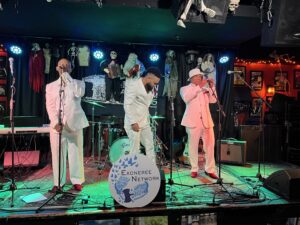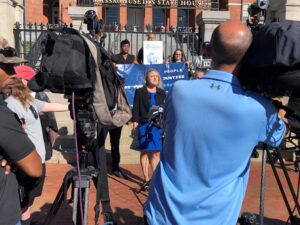
Training Materials:
- Burdens of Proof Under G.L. c. 278A: A one-page cheat sheet for M.G.L. 278A.
- New Trial Motion Primer: Updated litigation guide on key post-conviction innocence legal claims.
General Information: Wrongful Convictions and Exonerations
- Innocence Project: Exoneree profiles and resources on key issues.
- National Registry of Exonerations: Exoneree database run by University of Michigan Law and Northwestern Law.
- Convicting the Innocent: DNA Exonerations Database: Database by Brandon Garrett at University of Virginia Law.
- Getting it Right: Videos by Brandon Garrett and the Innocence Project: Confessions | Eyewitness Identifications | Forensics | Law Enforcement | Representation

Quick Reference Guides: Causes of Wrongful Convictions
Our work has identified key issues which contribute to defendants being convicted of crimes they did not commit. Trial and appellate attorneys can download or print our one-page Quick Reference primers for a basic understanding of the these issues, identifying them before trial, and litigating motions for new trial. Each guide includes links to further resources.
Applicable Law

CPCS Forensic Services Unit
For more forensics resources, visit the CPCS Forensic Services Unit.